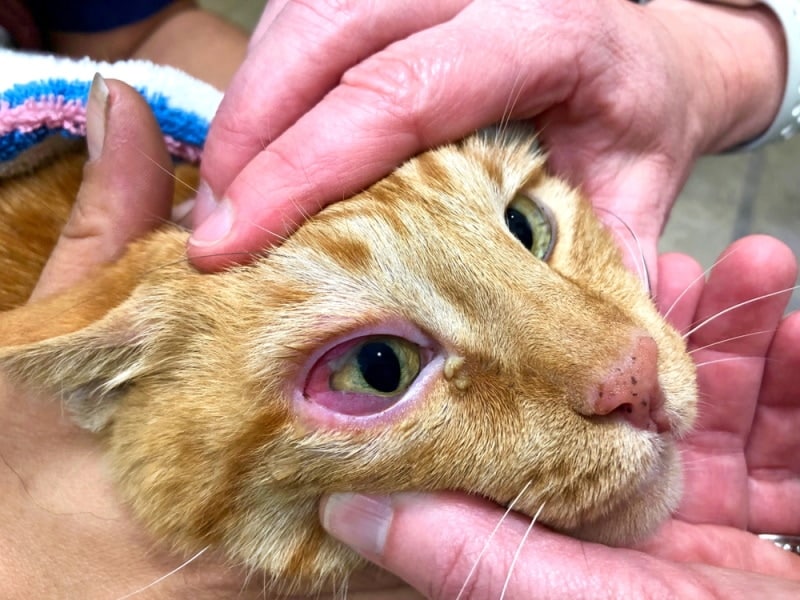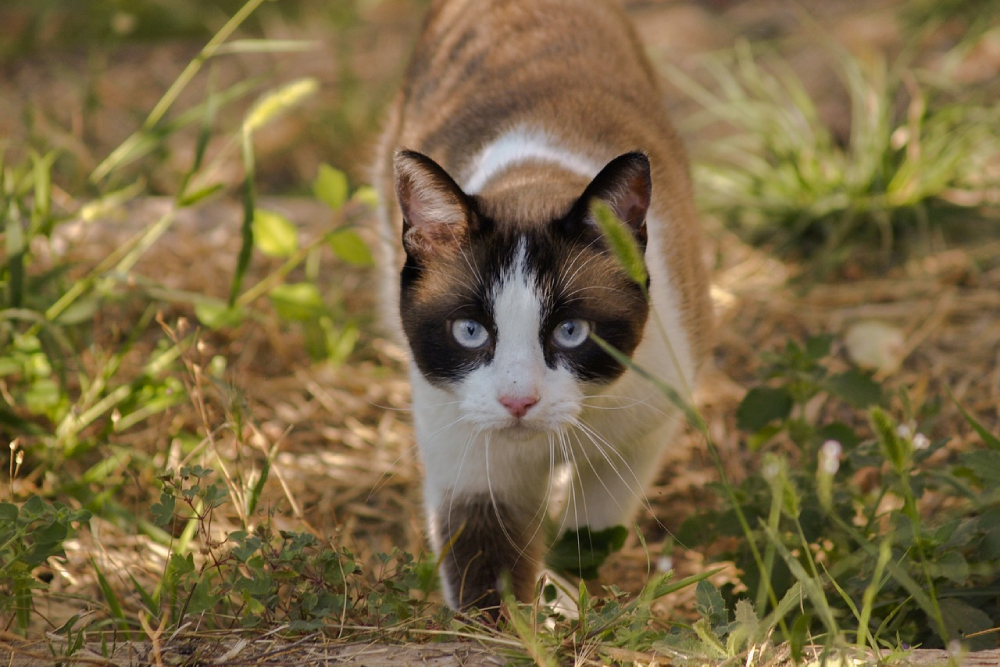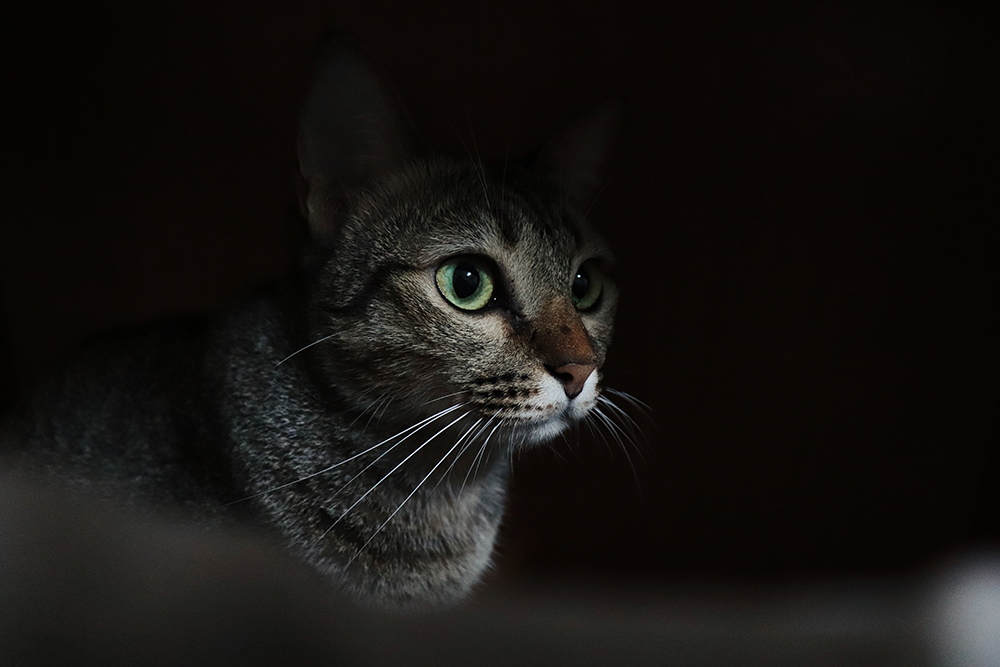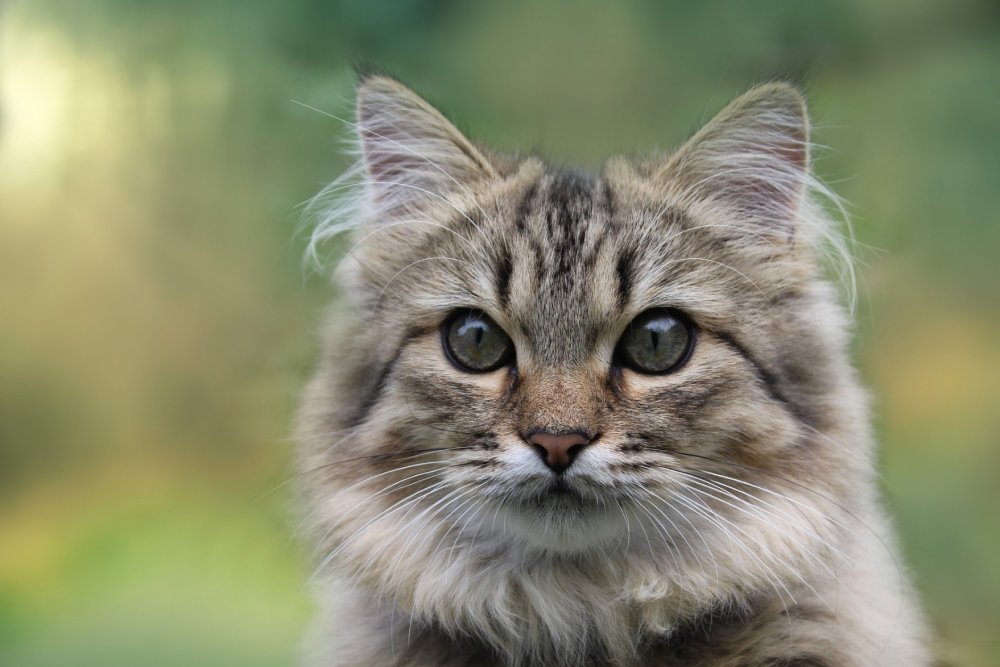Click to Skip Ahead
If you’ve ever contracted pink eye, you know it’s an uncomfortable and contagious condition. What you might not know is that cats can also develop pink eye. Should your kitty be so unfortunate, you should be aware that there’s a slight chance that you could catch the infection from your cat, especially if you have a weakened immune system.
In this article, you’ll learn more about the pink eye in cats, including the circumstances under which they can infect a human. We’ll also talk about what to do if you suspect your cat has pink eye and how to avoid catching it.
Pink Eye in Cats
Pink eye is the common term for the medical condition of conjunctivitis, or inflammation of the conjunctiva, the thin membrane that lines the eyeball and eyelids. The most frequent symptom of this disease is redness, which is where the nickname “pink eye” comes from. Conjunctivitis is one of the most common eye conditions in cats.
- Pain and squinting
- Clear or colored discharge
- Pawing at the eye
- Crusting and hair loss around the eye
- Upper respiratory symptoms like sneezing or nasal discharge
Feline herpesvirus-1 causes most cases of conjunctivitis in cats. Less common causes include bacteria such as Chlaymdophila felis, calicivirus, and parasites. It can also occur as part of an immune-mediated condition or due to an environmental irritation.
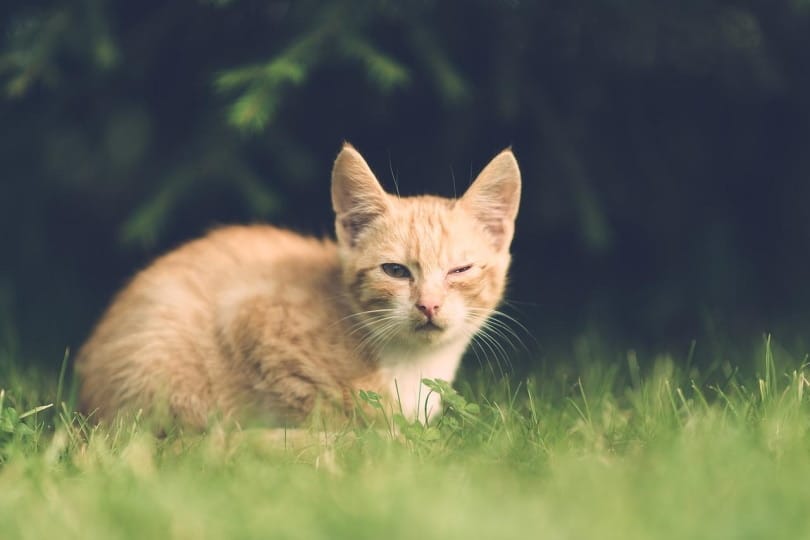
How You Could Catch Pink Eye from a Cat
Viral, allergic, and immune-mediated conjunctivitis is not contagious to humans. However, on rare occasions, some specific bugs that cause pink eye in cats can jump between species. It’s these infections that have the potential to infect you.
If your immune system is compromised, you need to be extra careful if your cat develops bacterial conjunctivitis caused by Chlamydophila felis or if your cat gets eyeworm disease (Thelaziasis). These two diseases have the potential to also affect humans.
Even if your cat has a bacterial eye infection, the chances of you catching it are slim. Generally, immune-compromised people are the most at risk. Practicing good hygiene is the best way to avoid catching pink eye.
Wash your hands after petting your cat or administering medications, and avoid touching your eyes after your cat’s. Additionally, use disposable gloves if you need to medicate or clean your cat’s eyes.
What to Do if You Suspect Your Cat Has Pink Eye
If you notice any of the symptoms described earlier, your cat needs to see a veterinarian as soon as possible. Any eye condition can quickly get worse and most, including pink eye, are quite painful.
Your vet will examine your cat and might suggest several tests to determine the cause of your cat’s symptoms. If pink eye is diagnosed, treatment will depend on the underlying cause. Your vet may prescribe eye drops, ointment, or tablets.
For cats with known viral infections like herpes, keeping their stress levels as low as possible will help prevent a flare-up. Your vet can suggest ways to accomplish this.

If you need to speak with a vet but can’t get to one, head over to PangoVet. It’s an online service where you can talk to a vet online and get the personalized advice you need for your pet — all at an affordable price!
Conclusion
While the chances of you catching pink eye from a cat are low, it’s not impossible, especially if you have a weakened immune system. If that is the case, ask someone else to administer your cat’s medications and wash your hands frequently, or use disposable gloves. Transmission of pink eye between species may be unlikely, but conjunctivitis, especially the viral kind, is extremely contagious among cats. It is not uncommon for it to infect a whole shelter or cattery full of kitties. Keep your infected cat separated from other housemates until your vet says it’s okay.
Related Reads:
Featured Image Credit: Sheila Fitzgerald, Shutterstock

